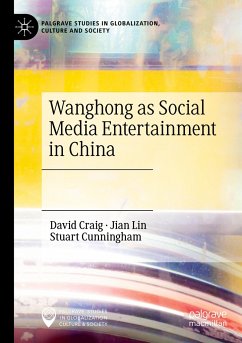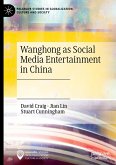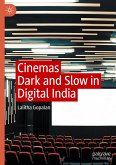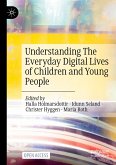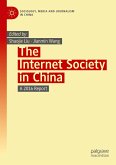In Chinese, the term wanghong refers to creators, social media entrepreneurs alternatively known as KOLs (key opinion leaders) and zhubo (showroom hosts), influencers and micro-celebrities. Wanghong also refers to an emerging media ecology in which these creators cultivate online communities for cultural and commercial value by harnessing Chinese social media platforms, like Weibo, WeChat, Douyu, Huya, Bilibili, Douyin, and Kuaishuo. Framed by the concepts of cultural, creative, and social industries, the book maps the development of wanghong policies and platforms, labor and management, content and culture, as they operate in contrast to its non-Chinese counterpart, social media entertainment, driven by platforms like YouTube, Facebook, Instagram, and Twitch. As evidenced by the backlash to TikTok, the threat of competition from global wanghong signals advancing platform nationalism.
"The book's six chapters cover topics such as policy, platform, and culture of Wanghong industry, providing in-depth analysis of the current popular Chinese Wanghong industry in an accessible way. ... the monograph develops a rich and thorough account of the birth and evolution of the Chinese Wanghong industry ... . the monograph inspires readers to reflect on the role of government and the state in the cultural and digital industries in the context of a normalized global epidemic." (Bojia He, Journal of Popular Culture, 2022)

